News
IMF, World Bank, and BIS collaborate on tokenization for financial innovation
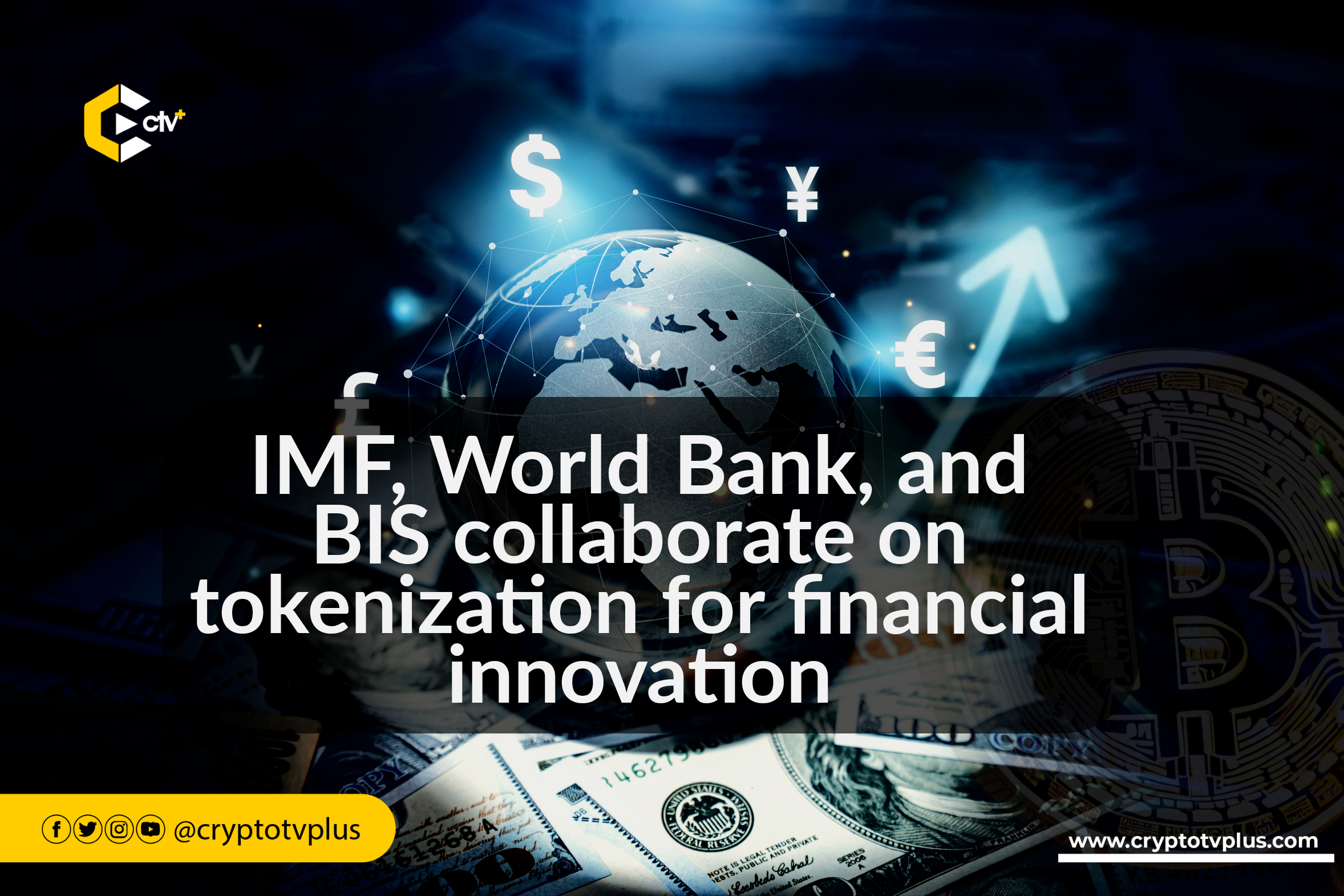
In a groundbreaking collaboration, the International Monetary Fund (IMF), the World Bank, and the Bank for International Settlements (BIS) are pooling their efforts to delve into the transformative capabilities of tokenization technology.
This collaborative effort, which also involves Switzerland’s central bank, aims to streamline financial processes and boost global economic development.
In financial terms, tokenization involves digitally representing real, physical assets or traditional asset classes on a blockchain. This process involves creating a digital token that represents ownership in the underlying asset.
The potential of tokenization is revolutionary, transforming how investments are managed, utilized, and monetized in the financial landscape. It facilitates the creation of a multitude of new financial products, allowing individuals and organizations to diversify their investment portfolios on a global scale, regardless of income or size.
According to the IMF, the collaboration is designed to tokenize “promissory notes” used in donations from wealthier countries to the World Bank’s funds. Digitizing these notes can expedite fund transfers, ensuring that development money reaches emerging and developing economies promptly.
Furthermore, the collaboration sees tokenization as an opportunity to encode policy and regulatory requirements into a common protocol. Embedding these rules into the tokenization process aims to address challenges such as international money laundering.
Additionally, the initiative takes into account the increasing prominence of central bank digital currencies (CBDCs). As CBDCs gain global traction, there is a growing need for standardized global practices and technology compatibility to ensure seamless interoperability with existing payment systems.
In 2023, companies like Thales Group, a global leader in digital transformation, have actively contributed to a variety of solutions and services assisting businesses in adapting to the digital age.
They have been actively involved in tokenization projects, leveraging their expertise in digital transformation to help clients create and manage tokenized assets.
Protegrity is another company that specializes in providing tokenization solutions for the financial industry. Others are Paymetric Inc, Ciphercloud Incorporation, and Cardconnect Corporation.
BIS has actively engaged in experimenting with this groundbreaking approach to generating financial assets. In October, it collaborated with central banks and traditional financial institutions to explore diverse methods of creating and utilizing tokenized bank deposits.
Spearheaded by BIS, Project Mandala, in collaboration with central banks, aims to automate compliance procedures for both Central Bank Digital Currencies (CBDCs) and tokenized deposits, offering relief from policy and regulatory compliance challenges.
Read also; EU issues competition warning on Amazon’s $1.4 billion iRobot deal





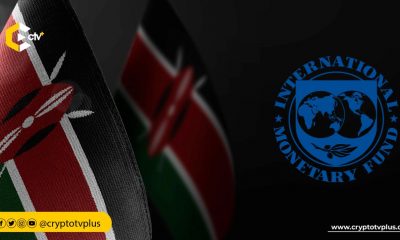

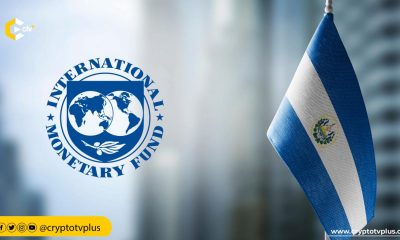



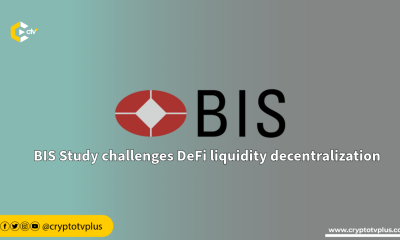

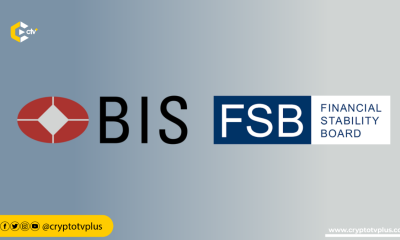











1 Comment